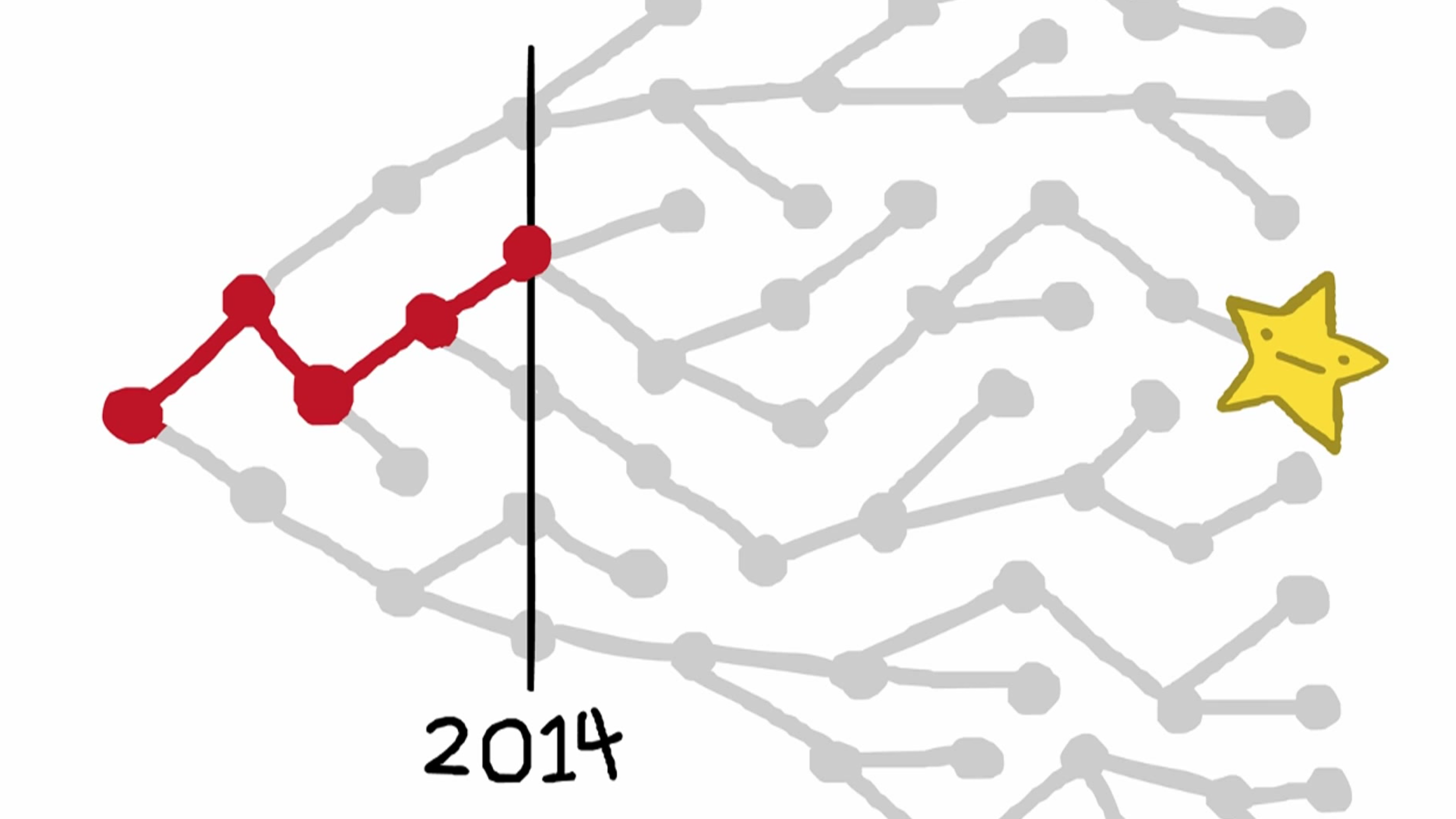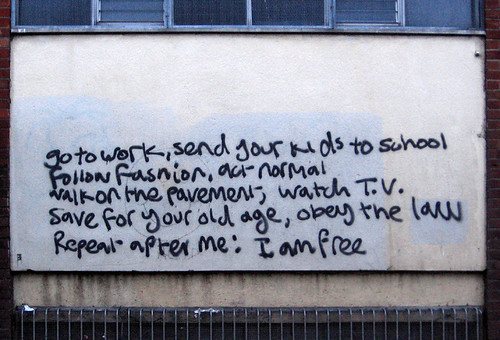Part of this site used to be public, but is now hidden; it’s a list of goals that I have for myself over the long term.
I went and looked at it recently and realized I have achieved 3 out of 5 in one manner or another, but probably not to the extent that I initially imagined achieving the goal. For example, one goal was “have a music studio in my house”. Recording equipment is super easy and cheap these days and I have it for all my music instruments…does that count? I dunno. I say yes.
But in thinking about revising those goals, I realized there was no way to know if I would ever reach them. More importantly, there’s no way to know if I would want to reach them by the time I actually did. That’s what’s crazy to me. I can set a goal to become an astronaut now (hard pass), but on the path towards becoming an astronaut it’s very possible that I could find out I want to be terrestrial biologist or a children’s author or something I’ve not even heard of yet. You just never know where your path will take you. I got to see a talk on this very subject at XOXO last September and I go back to watch it often. Nicky Case is a wonderful speaker and this was exactly what I needed to see at that point in my life:
So instead, I’m focusing on habits. Really, that’s why a lot of goals exist in the first place. It’s focusing on something far in the future so you can figure out the steps required in the near term. Instead, I’m going to try and change some daily habits to see how that moves me towards a better tomorrow, especially since I have no idea what that will eventually look like.
This actually all started with an app install. I saw a list of “must have apps” and tried installing one called Habit Bull. It’s really quite simple. You input the habit you want to build and every day you track either how much you did of that thing (ie. how many minutes did I read) or whether or not you did it at all (ie. Did I read today?). I normally choose the latter as it makes it a very simple exercise. I also started very slowly. I started with a singular goal,
“Did I walk the dog today?”
Obviously that has benefit for the dog, but also for me. It means my head is in the right place. It means I’m not putting my work above all else. It means I’m getting a little bit of exercise for myself. But that simple question allows me to stay focused. I’ve gradually added other things that seem to indicate daily success.
My most recent one was, “Am I working at my bench by noon?” I have worked from home since I quit my full time engineering job 2 years ago (wowsa, that long ago?). While that sounds like an easy goal (it is), it focuses me on not just reading and responding to emails all day upstairs on the couch and instead being near my electronics. The environment helps me focus even if I’m not working on electronics directly. It also makes me do a little bit of work to go upstairs and grab yet another cup of coffee, which means I might get to sleep at a decent hour later that night.
This all hinges on using the app daily, which I’ve been doing pretty consistently. Even if I miss a day, the “yes or no” nature of these habits makes it pretty easy to remember and back fill from memory. Over time, I hope these habits will become permanent, but my priorities may also change. For instance, right now I’m learning my third instrument (piano) but who knows what I’ll want to learn in the future (tuba?). Also, I should mention that the app is not the real thing that’s driving me to do these things, so much as the idea behind them. Had I been a pen and paper person, a simple log book could have driven me to similar levels of success.
Obviously, writing has not been on my list for a long time. I’m not sure it will be any time soon, either. I like the idea of writing and I think it helps my career, but I’m not sure it’s as much of a priority for me. Another on my list is trying to make a video each day for Contextual Electronics, and that would take priority as that’s my main communication medium these days. Regardless, I like the flexibility and the focusing on things I can get done in the short term. It has helped me focus what I want in my life with regards to health, relationships, career and personal fulfillment on a daily basis.
If you see more articles from me though, perhaps blogging made it onto my list.
Image via the YouTube video of Nicky’s talk.

